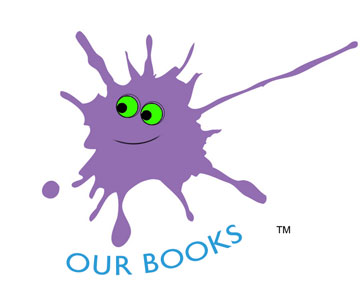You’ve written the book. You’ve finished the rewrites, put it all aside for months and then read over it again. You decide it’s not too bad. Good, even. You’ll take a chance. So, you line-edit it, proofread it and send it off…
And it’s rejected. Again.
Yes, it’s disheartening. Yes, you could have built the Great Wall of China waiting for agents or publishers to get back to you. No, you mustn’t give up. That’s not just a saying, you know. For most of us, it’s a way of life.
Jody Sabral, author of I Never Lie, wrote an interesting piece for the BBC Entertainment and Arts recently: E-books. How digital publishers are ‘shaking up’ the industry.
This was an informative read for a few reasons. Not just because of the higher royalties writers can expect from digital publishers (and in an industry where traditional publishers so often shaft authors, this was good to see), or the technology that can tell you if readers finish your book (invaluable). The most important thing for me, and what I think would appeal to many writers, was when Jody Sabral mentioned being able to connect with readers via an app, and getting their comments and feedback live. That would be fantastic – almost like having your own group of Beta readers.
Jody Sabral’s piece made me aware of the whole new world that’s opening for writers. The creative world never stays still and, like so many things, the world of books is constantly changing. That’s a good thing because it means we are all constantly getting the chance to try new things – to reinvent ourselves and our writing, to try another genre or dabble in new technology. Not sure about something you’ve written, or just want to try something different? Put a few chapters up online to gauge reader reaction. Need a tool that helps you sort your chapters, editing, word counts or ideas? Check out the different (mainly free) apps and tools out there.
There’s a lot to help you, no matter what genre you prefer, whether you’re aiming for traditional or independent publishing and whether you write for adults, YA or children. There are lots of blogs too, giving information on good technology for writers. Here is a useful blog about 20 of the best free online tools for writers.
There are always new opportunities opening up for your writing, so put the rejections where they belong – behind you – and use technology to improve your game. There’s a whole new world out there just waiting for you. Think of that as you meander, stride or gallop into 2019.
Happy writing.
Kay
Author of Treasure This
co-founder of Electrik Inc
Coming up: Keep an eye on the Electric Inc blog – my next piece will be about online forums for writers.












